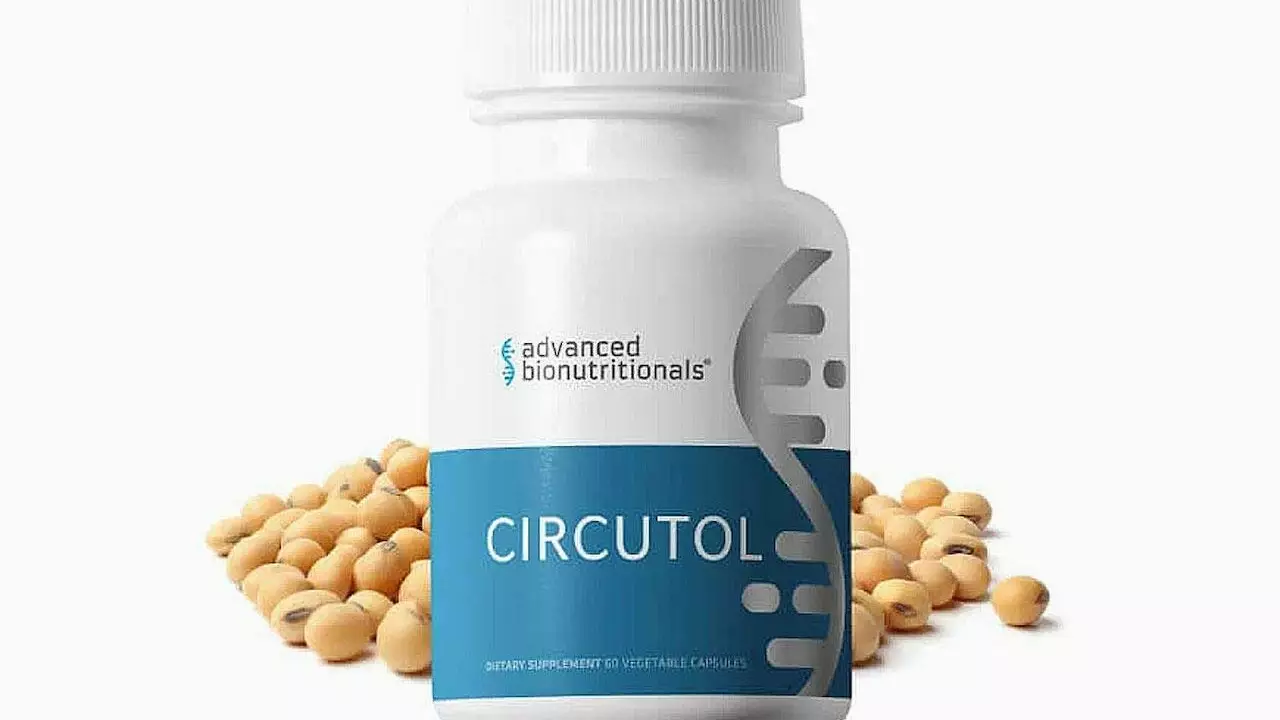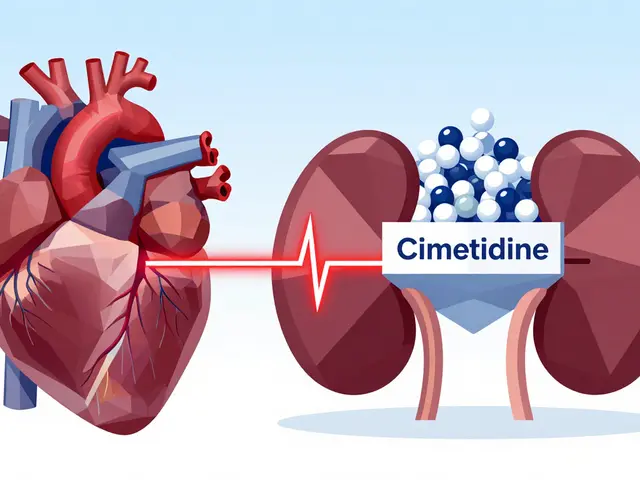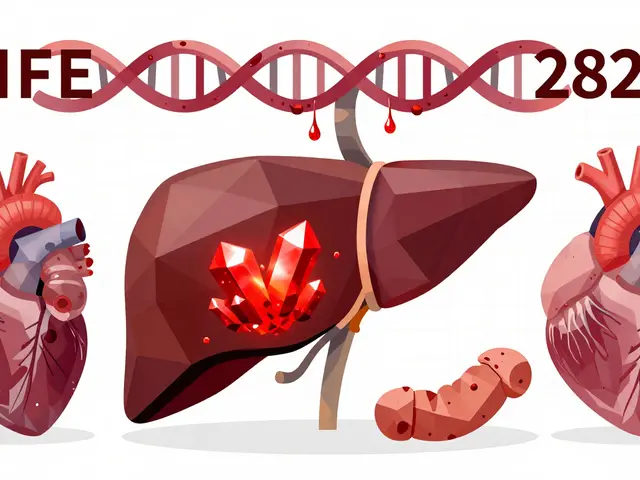Skin Health: Practical Tips for Clear, Calm Skin
Your skin shows how you treat it. Small daily choices—cleaning gently, using sunscreen, and not mixing too many strong actives—make the biggest difference. If you want visible improvement without drama, focus on a simple, steady routine and watch for irritation, not trends.
Daily routine that actually works
Start with a simple daily routine. In the morning, use a gentle cleanser to remove oil and sweat, then apply a lightweight moisturizer if your skin feels dry. Finish with a broad‑spectrum sunscreen SPF 30 or higher every day, even on cloudy days. At night, cleanse again and use treatment products like topical retinoids or acne spot treatments as needed. Introduce one active at a time and wait a week or two before adding another so you can spot irritation early.
Active ingredients & treatments
Pick actives smartly. For acne and anti‑aging, retinoids (like tretinoin) are effective but can cause dryness and irritation at first—start with a low strength and increase slowly. Salicylic acid helps clogged pores and benzoyl peroxide kills acne bacteria; don’t overuse both at once. Niacinamide pairs well with most ingredients and helps reduce redness. If you use chemical exfoliants (AHA/BHA), avoid them on the same nights you use strong retinoids.
Treatments that need a doctor include oral isotretinoin, hormonal therapies, and prescription antibiotics. If you have painful cysts, widespread acne, sudden hair loss, or signs of infection, see a dermatologist. There are alternatives to isotretinoin for many people; check professional advice and consider side effects and monitoring needs before starting any oral drug.
Simple fixes for problem skin: spot test new products behind the ear for three days. Moisturize even if you are oily—look for non‑comedogenic, water‑based gels. Swap harsh scrubs for chemical exfoliants once or twice a week. Keep pillowcases and phone screens clean. Diet changes help some people; try tracking sugar and dairy intake for several weeks to see if there’s a link.
Common mistakes I see: switching products too fast, using too many actives at once, skipping sunscreen, and believing every “miracle” product online. If a product burns severely, stop and consult a clinician. Be cautious buying prescription treatments online—use licensed pharmacies and ask for a real prescription when required.
If you’re pregnant or planning pregnancy, avoid oral and strong topical retinoids—talk with your doctor about safe options like azelaic acid or topical antibiotics. For barrier repair after irritation, use a fragrance-free moisturizer with ceramides and minimal actives, and consider a gentle occlusive like petroleum jelly at night on dry patches. When trying a new routine, take photos weekly so you can judge true progress. Real improvement often takes 8 to 12 weeks. Don’t panic at early purging from retinoids; if redness and swelling are severe, pause and ask a clinician. Keep routines simple; track progress regularly.
In my latest blog post, I explored the benefits of Jewelweed as a dietary supplement. I found it to be an exceptional aid for allergy relief and skin health. This natural remedy is packed with anti-inflammatory properties that can help soothe various allergic reactions. Additionally, Jewelweed's healing properties are fantastic for skin health, especially for those struggling with conditions like eczema or psoriasis. In a nutshell, incorporating Jewelweed into your diet might just be the natural solution you've been searching for.
Continue reading...






